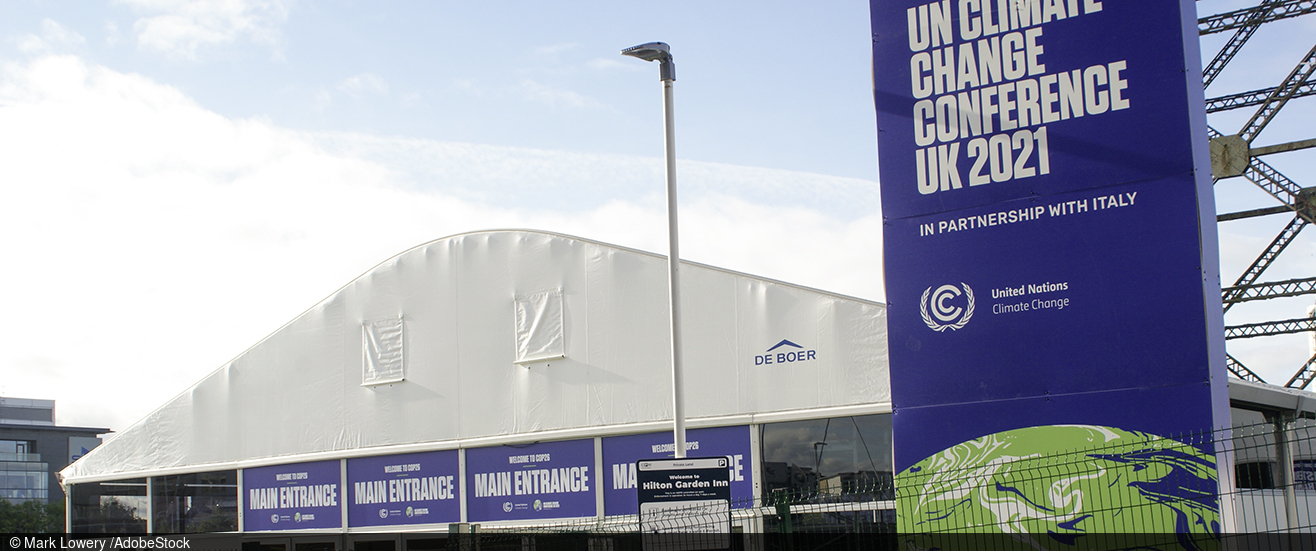How Transparency About National Contributions Can Benefit Global Climate Protection
ResearchGlobal warming does not stop at national borders. For global climate protection to succeed, the international community must make a joint effort. With 192 signatory states, the Paris Agreement offers a great opportunity. At the same time, the number and heterogeneity of these states pose an enormous challenge because each of them applies its own criteria and standards to climate protection. In accordance with the principle of common but differentiated responsibilities, the signatory states derive their own contributions from the collective climate goal – limiting average global warming to a maximum of two degrees – and formulate these nationally determined contributions (NDCs) individually and voluntarily. First analyses show that the contributions to climate protection announced in the NDCs will probably not be sufficient to achieve the collective goal in the long term.
However, the non-binding nature of national contributions and the unspecified burden-sharing criteria make it impossible to legally assess national climate protection contributions. Also from an economic perspective, the free-rider problem is only insufficiently addressed. A policy brief by ZEW Mannheim and the Leipzig University of Applied Sciences (HTWK Leipzig) shows ways how, despite this vagueness, greater transparency in reporting standards, especially when it comes to burden sharing, can succeed in reinforcing the binding nature of the climate protection measures to be implemented.
“The NDCs are already making individual climate protection instruments of the states more visible. This has positive effects: For example, the measures can set a certain example, simplify the coordination of climate protection measures and at the same time open up opportunities for cooperation. Although transparency and the requirement to make progress create public pressure to justify and act, they are by no means sufficient to ensure that the ambitious climate protection goals are ultimately implemented. This is where readjustments are needed,” says Professor Martin Kesternich, cooperation partner in the research project InFairCom, funded by the German Federal Ministry of Education and Research, and deputy head of the ZEW Research Unit “Environmental and Climate Economics”.
“The vague burden-sharing criteria and the strong emphasis on voluntary national contributions in the Paris Agreement raise the question of how individual states interpret the regulations for themselves. Because if many states follow a similar legal interpretation, then this so-called ‘subsequent practice’ influences the legal norm itself,” says international law expert Dr. Ulrike Will of HTWK Leipzig, who has scientifically analysed all NDCs. “More specific reporting obligations would be a suitable means of narrowing down the legally intangible criteria for burden sharing, reducing free-rider incentives and thus strengthening the multilateral nature of climate protection,” adds Professor Cornelia Manger-Nestler, cooperation partner in the InFairCom project and professor of German and international business law at HTWK Leipzig. The team of authors therefore recommends a more uniform design of the NDCs to facilitate the assessment of national climate protection contributions without calling into question the voluntary compliance with the NDCs. At the same time, they propose to complement the NDCs with detailed data analysis. This can help to improve the transparency of NDCs within the existing leeway that states still have, which is an important prerequisite for the coordination of the signatory states, also with regard to the goal of coordinating CO2 prices internationally in the future. At the same time, NDCs can serve as a model to facilitate capacity building in developing countries.

